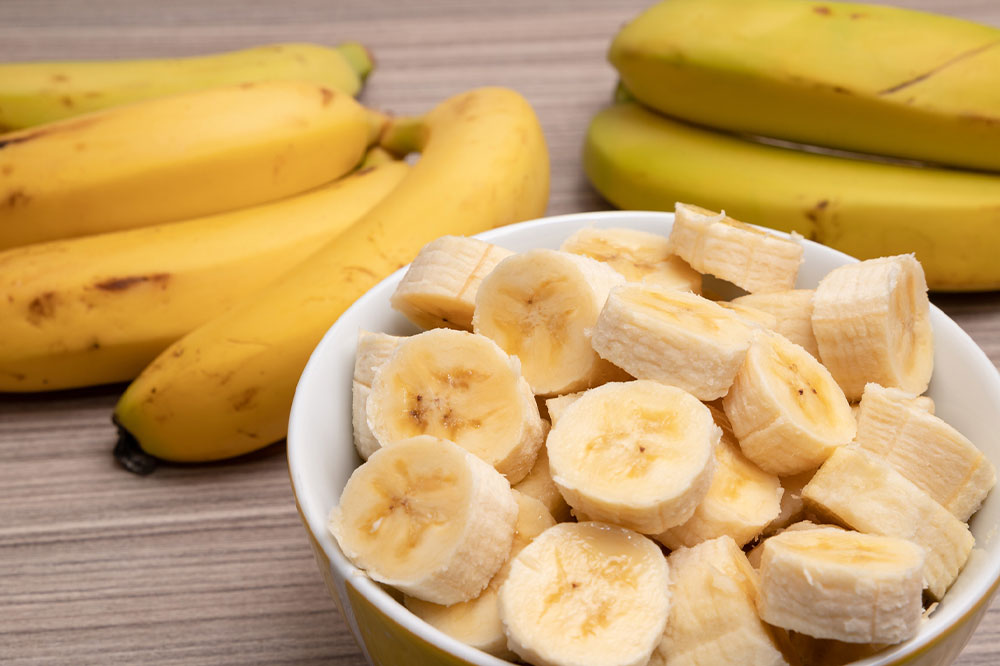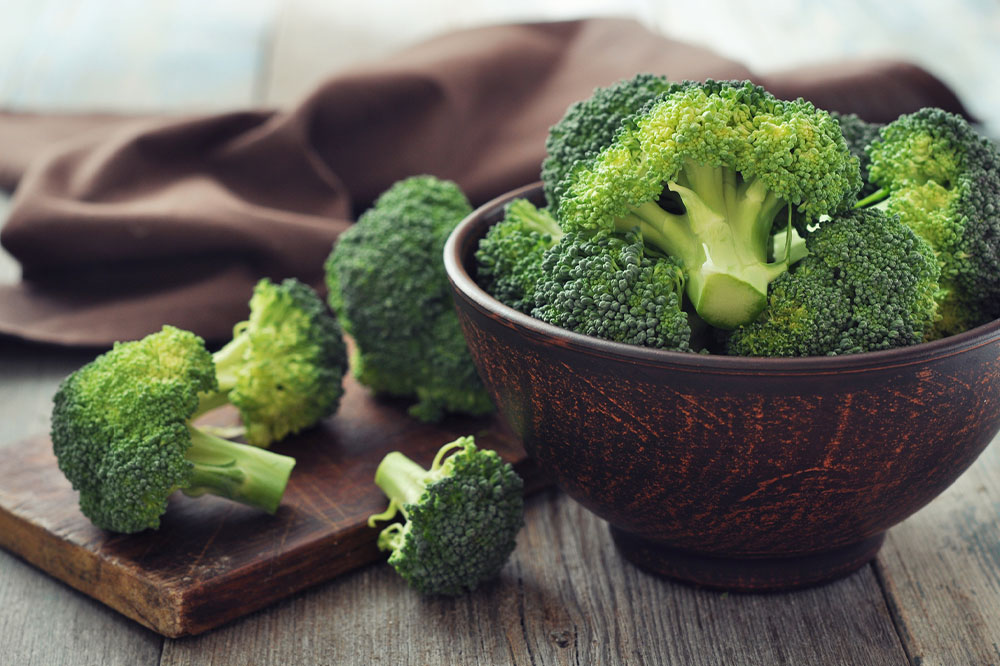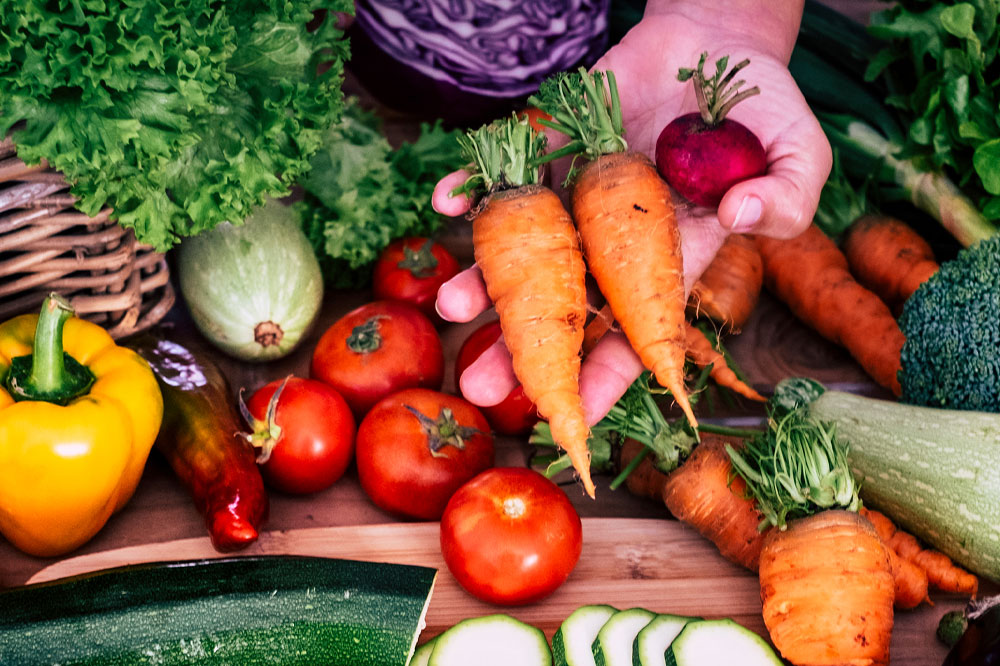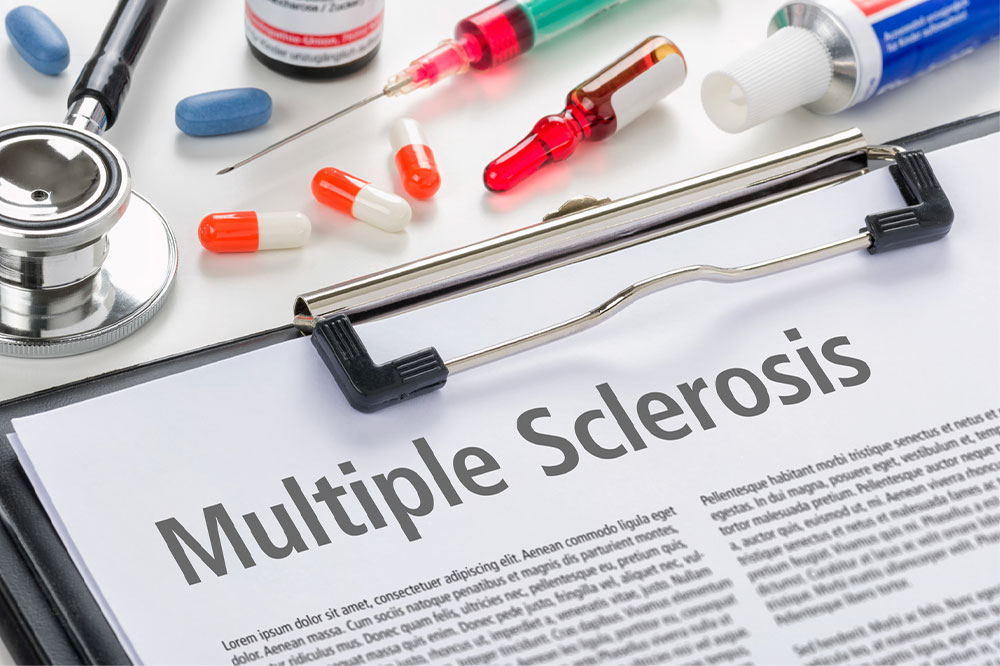4 healthy foods for nursing mothers

Mothers who have recently delivered babies don’t have sufficient nutrition due to the loss of blood and lactation. As a result, they have to carefully choose foods that are rich in calcium, carbohydrate, unsaturated fat, iron, folic acid, protein, and vitamins B6, B12, C, and D. Thankfully, healthy foods and supplements can help them regain strength and supply breastmilk to their newborns. The top four superfoods that can help nursing mothers include:
Bananas
Bananas are less expensive, available throughout the year, and considered a superfood for nursing moms. They are rich in nutrients, healthy carbs, vitamin B, antioxidants, and phytonutrients. Bananas are also abundant in potassium, calcium, and pectin, a source of energy. Experts claim that having a banana every day can help moms regain the energy they need to take care of the baby and breastfeed. Potassium is crucial for maintaining fluid balance in the mother’s body and aids in the rampant transmission of nerve impulses.
Bananas can also aid in regulating blood pressure. It can prevent constipation, aid in regular bowel movements, and promote healthy gut bacteria. These fruits can provide about 1/4th of the vitamin B6 required for nursing moms, which is crucial for hemoglobin production and fighting antibodies. However, avoid bananas if you have allergies, a bout of cough and cold, or diabetes. Mothers can eat bananas after any meal or even add them to smoothies or pancakes as part of a meal.
Fatty fish
Fatty fish are naturally rich in vitamin B12, omega-3 fatty acids, and vitamin D. Fish like salmon and sardines are one of the few food sources of vitamin D, which is essential for mothers and their infants. A deficiency of vitamin D in infants, though uncommon now, can lead to weak and deformed bones. These fish also contain DHA, a type of omega-3 fatty acid essential for an infant’s brain and heart development. DHA can be naturally found in breast milk if a mother eats fatty fish, eggs, or red meat. Omega-3 acids can also help in preventing postpartum depression. Mothers can choose from freshly caught fish, buy from verified farms, or use canned salmon. However, ensure that you have salmon or sardines twice a week to get its benefits and increase the production of breastmilk production.
Homemade stock
Soups and broths are wholesome and satisfying meals for nursing mothers. The most significant advantage of broths or soups is you can make large quantities and freeze them. The first three months can be hectic for new moms, which is why broths are perfect. They are nutritious, time savers, and can instantly replenish nutrients and strength. Mothers can use the bones and cartilage of chicken or lamb for meat broths. However, slow-cook them as the soup will have time to absorb all the nutrients and minerals from the meat and bones.
On the other hand, vegetarian mothers can make soups and broths of various vegetables and lentils. Bell pepper, carrots, celery stalks, french beans, lentils, mung, cottage cheese, and peas are ideal ingredients for vegetarian soups. Broths and soups can also help deal with postpartum depression and help regain bone density. It can also help reduce joint pain and strengthen joints right after childbirth.
Leafy green vegetables
It is widely known that green leafy vegetables contain multiple nutrients like vitamin A, C, E, and K, fiber, minerals, calcium, and antioxidants. Spinach has a high concentration of phytoestrogens and iron. When a nursing mom increases the intake of spinach, it raises the estrogen level and helps stimulate milk production. Phytoestrogens also help in regulating and reducing cholesterol and blood sugar levels. They are low on calories; hence, you do not have to worry about gaining weight. One serving of green leafy vegetables daily is the recommended quantity for nursing moms.
Mothers can also eat broccoli and Swiss Chard, which are high in calcium and iron. The daily calcium requirement for nursing moms is about 1,300 milligrams a day. Kale or collard greens also can supply about 20% of the daily calcium requirement. Moms can also have milk and yogurt to ensure they receive the necessary supply of calcium. They can add greens to salads, smoothies, soups, or casseroles.
Cigna breast pump
Cigna is a global health service company that offers health, pharmacy, dental and supplemental insurance, and Medicare plans. You can get 100% of Cigna’s insurance for hospital-grade and standard electric breast pumps with a prescription from your physician, midwife, or nurse practitioner. Cigna also covers the cost of renting a heavy-duty hospital-grade breast pump if a standard breast pump fails.
Elvie Free
Elvie, one of the brands covered by Cigna with a doctor’s prescription, has introduced a revolutionary, silent wearable breast pump that women can discretely fit in their clothes. It is a wireless breast pump that can be operated through a smartphone. This easy-to-use pump can be used confidently and without any hassle. Since it is silent, it can be used anywhere without any disturbance or the need for privacy. Moreover, there are no tubes or pipes. It consists of five easy-to-assemble and clean components that make pumping clean and safe. If you’re a new mother who wants to try out breast pumps, give this a try after consulting a doctor.






